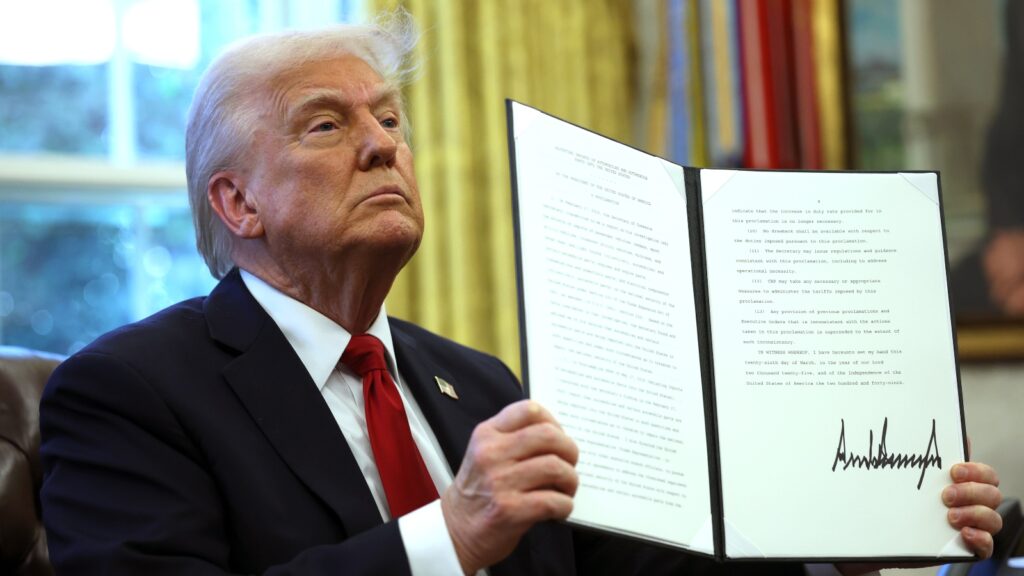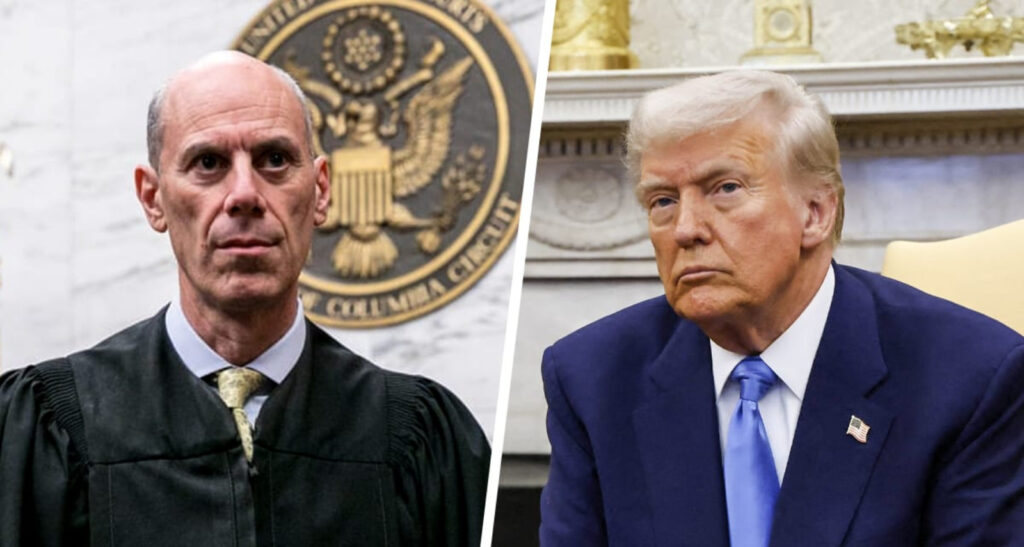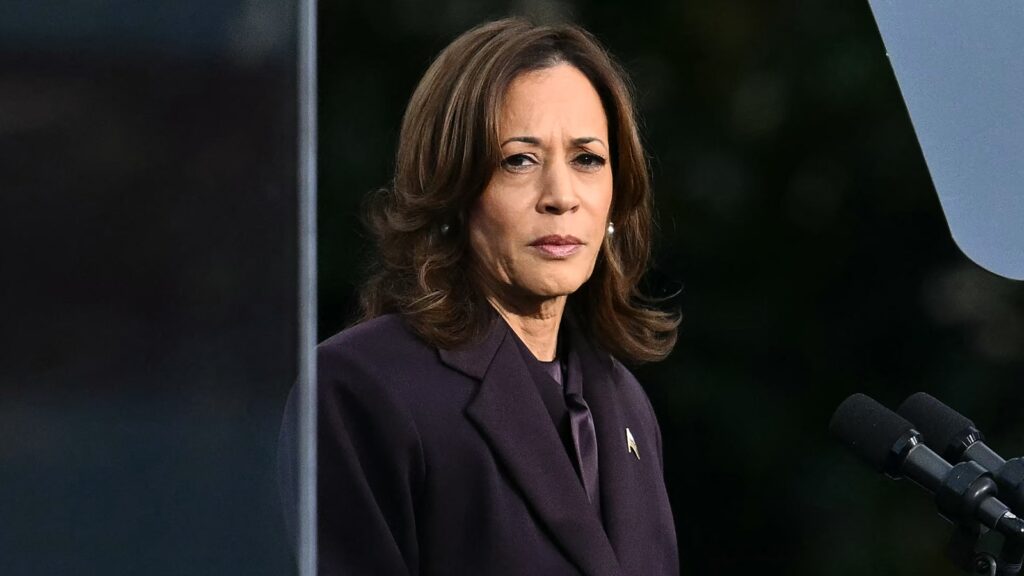A federal judge on Friday gave preliminary approval to a new White House press policy that downgrades The Associated Press to the same status as newspapers, eliminating the wire service’s previously privileged access to the president.
U.S. District Judge Trevor McFadden, a Trump appointee who had earlier ruled that the White House unlawfully discriminated against AP for declining to use the term “Gulf of America,” said the revised policy appears to be viewpoint neutral.
“I’m not inclined to see anything wrong with it,” said McFadden during a Friday hearing.
The new policy places reporters from the Associated Press—along with those from Bloomberg and Reuters—on equal footing with newspaper outlets like The Washington Post, The Wall Street Journal, and The New York Times. Under the revised rules, AP photographers will also hold the same status as other photojournalists.
As a result, AP reporters will now join the rotating pool of journalists who cover the president’s daily activities. With dozens of outlets in the rotation, this means AP will receive special access less than once a month, on par with the newspapers.
AP’s first scheduled turn under the new system is this weekend, according to the wire service’s attorney, Charles Tobin. He noted to the judge that the assignment coincides with a day the president is slated to play golf. “Not exactly a moment in history,” Tobin whined in court, the Washington Times reported.
McFadden countered that the White House is not required to give the AP “first-in-line, every time” status that it used to have.
The in-town press pool provides journalists access to the president’s public appearances in the Oval Office and around Washington, while a separate rotating travel pool accompanies the president on trips aboard Air Force One.
These pools are designed to ensure media access and allow participating reporters to share their coverage with other news outlets, the Times report noted.
For decades, the Associated Press held permanent spots for both a reporter and a photographer in the in-town and travel pools. However, earlier this year, the Trump White House removed AP from those positions, citing its continued use of “Gulf of Mexico” despite the government’s official renaming of the body of water to “Gulf of America.”
Earlier this month, McFadden ruled that although the White House has broad authority over press access, it violated the Constitution by punishing AP for its editorial stance. “His injunction went into effect on Monday, and two days later, the White House implemented its new policy,” the Times reported, adding that the AP claimed the new policy was directly implemented to punish the wire service.
Tobin argued it smacked of “gamesmanship” and was an attempt “to dilute the AP’s pool access.”
“Relegating us to an inferior class is a punitive act,” he said of the wire service’s new status as no more than newspapers.
Judge McFadden stated that as long as the Associated Press is treated the same as the other two wire services—Bloomberg and Reuters—that also previously held special access, there is no evidence of discrimination. Since all three have been reassigned to the same status as newspapers, he said, the policy does not appear to raise any legal concerns.
He also chided the AP for rushing to court just a few days after the new policy was implemented.
In February, McFadden initially declined to issue a temporary restraining order against the administration for banning the AP while recognizing the urgency of the matter.
Despite his ruling, McFadden warned that existing case law does not support the administration’s attempt to block the Associated Press from press pool access solely because it refuses to use the new name “Gulf of America.”
He also cautioned that the White House might need to revise its policies, which currently give the White House Correspondents’ Association broad discretion in managing press access for the wider media corps.




